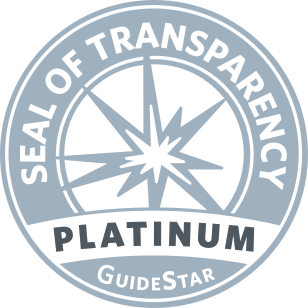Study Suggests Vitamin A May Benefit Children with RP
Eye On the Cure Research News
An FFB-funded study at Massachusetts Eye andEar Infirmary (MEEI) suggests that vitamin A palmitate supplementation may slow the decline of cone function by nearly 50 percent in children with retinitis pigmentosa (RP).
Audio version:
An FFB-funded study at Massachusetts Eye andEar Infirmary (MEEI) suggests that vitamin A palmitate supplementation may slow the decline of cone function by nearly 50 percent in children with retinitis pigmentosa (RP). Cones are the photoreceptors that normally provide daytime vision, and the ability to read, recognize faces, and perceive colors. Cone function was evaluated in the study by a full-field electroretinogram or ERG, which measures the retina's electrical response to light.
The study included children with different genetic types of RP. There were 55 participants taking vitamin A palmitate and 25 who were not. The daily dose of supplementation ranged from 5,000 to 15,000 IUs, mostly depending on the patient's age.
The MEEI researchers caution that the study results are not definitive, because the number of patients in the investigation was relatively small, the analysis was retrospective, and the determination of who received vitamin A and who didn't was not random.
Results of the study were published online in JAMA Ophthalmology. Authors of the study paper included MEEI's Michael Sandberg, PhD (now retired), and the late Eliot Berson, MD.
In earlier studies, Dr. Berson found that vitamin A palmitate slowed vision loss in adults with RP, and its effect was enhanced when combined with docosahexaenoic acid (DHA), a healthy fat abundant in coldwater fish, such as tuna and salmon, and the antioxidant lutein. Dr. Berson used a vegetarian DHA supplement in his studies.
Vitamin A is necessary for the biochemical process in the retina that makes vision possible. However, authors of a commentary in JAMA Ophthalmology report that vitamin A's role in slowing vision loss in people with RP is not well understood.
Adults and children considering vitamin A palmitate supplementation should first consult their eye doctor to determine if the regimen is right for them. An annual liver enzymes test is also recommended, because high doses of vitamin A can be toxic to an abnormal liver.
Lab studies have shown that vitamin A supplementation can be harmful for those with macular conditions such as Stargardt disease and cone-rod dystrophies.
To learn more about vitamin A palmitate supplementation, read FFB's Vitamin A Packet and the Eye on the Cure post What Everyone with a Retinal Disease Should Know about Vitamin A.




